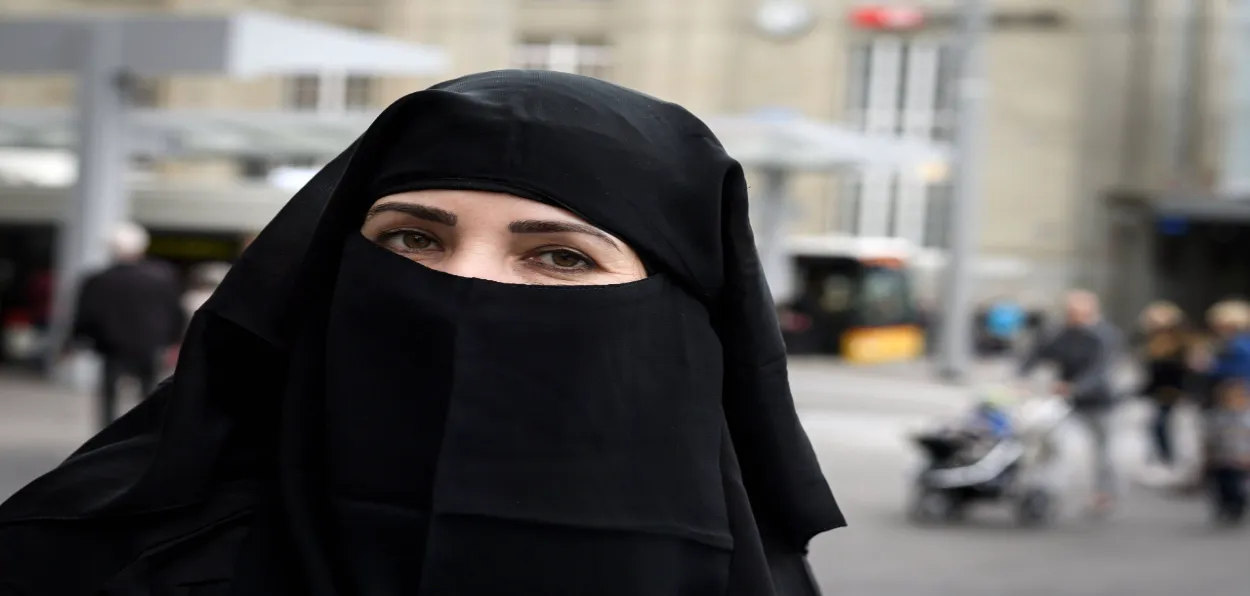
Saniya Anjum
History offers few examples of courage as luminous as that of Sayyida Zaynab bint Ali, the granddaughter of Prophet Muhammad. In the year 680 CE, after the tragic Battle of Karbala, she was taken captive and brought before the tyrant Yazid in Damascus. Despite her immense grief and loss, she confronted him with words that shook the conscience of the oppressor and inspired generations to come.
International Day for the Elimination of Violence Against Women
Her sermon was not merely a political act; it was a moral declaration of truth in the face of power. Zaynab’s steadfastness demonstrated that silence in the presence of tyranny is a betrayal of faith. She embodied the Qur’anic principle that believers must stand firmly for justice, even when it demands great personal sacrifice.
Today, on the International Day for the Elimination of Violence Against Women, which has been observed since 1999, her example stands as a reminder that advocacy for the oppressed, especially women subjected to violence and injustice, is not only a social obligation but a sacred duty rooted in faith.
The Day, observed worldwide, calls upon individuals, societies, and governments to ensure the safety, dignity, and empowerment of women. While the observance carries a universal message, it finds profound resonance within Islamic teachings, especially the principle of justice. The Quranic injunction to defend the oppressed: “And what is with you that you fight not in the cause of Allah and the oppressed among men, women, and children?” — Surah An-Nisa (4:75)
This verse is not a mere moral reflection; it is a direct command to act against injustice. Islam envisions a world where the dignity of every human being, regardless of gender or status, is upheld and protected. Violence against women, in any form, therefore stands in direct opposition to the very spirit of justice that Islam upholds.
Globally, violence against women remains one of the most persistent human rights violations. According to the United Nations data, nearly one in three women worldwide experiences physical or sexual violence in her lifetime. The problem cuts across culture, class, and creed.
In India, the issue carries its own complex dimensions. The National Crime Records Bureau (NCRB) reported over 4.48 lakh cases of crimes against women in 2023, showing a small but steady rise from the previous year. The most common offences include cruelty by husbands or relatives, assault, and sexual harassment. The National Family Health Survey (NFHS-5) found that about 30 percent of ever-married Indian women have faced spousal violence at least once.
Violence is not always loud or visible. It often begins in subtle ways, in dismissive comments, controlling behaviour, or the quiet acceptance of inequality at home. Traditional patriarchal expectations, dowry pressures, and the notion of “family honour” continue to silence many Indian women.
In rural areas, early marriages, financial dependence, and lack of access to education make women especially vulnerable. In cities, modern forms of violence, workplace harassment, online abuse, and cyberstalking are on the rise. Social media, while a tool for empowerment, has also become a platform for intimidation.
A new World Health Organisation (WHO) report reveals that violence against women remains deeply entrenched in India and worldwide. In India, nearly one in three women has experienced intimate partner violence in her lifetime, and in 2023, 20% of women aged 15–49 reported such abuse. Globally, the situation is similarly severe: almost one-third of all women — about 840 million — have faced physical or sexual violence, with little progress made since 2000.
The report highlights that 8.4% of women worldwide have suffered sexual violence by a non-partner, compared to about 4% in India. WHO Director-General Dr Tedros Adhanom Ghebreyesus condemned this as a persistent injustice, stressing that no society can be healthy or equitable while half its population lives in fear.
Despite the challenges, there are encouraging developments across India. The Protection of Women from Domestic Violence Act (2005) and the Sexual Harassment of Women at Workplace Act (2013) have created legal pathways for justice. Helplines such as 181, One-Stop Centres, and various NGO initiatives are offering immediate support to survivors.
Social media campaigns have helped many women share their stories, creating solidarity and awareness. Young men and women are leading conversations about consent, respect, and mental health, topics that were once avoided in polite society.
Faith communities, too, are slowly engaging in dialogue about the moral dimensions of gender justice, drawing upon the same spiritual teachings that condemn oppression in all forms.
Islamic teachings provide a holistic foundation for combating injustice. The Prophet Muhammad consistently elevated the status of women, as mothers, daughters, scholars, and leaders. The Qur’an speaks of men and women as “protectors of one another” (Surah At-Tawbah 9:71), calling for cooperation, not domination.
Thus, faith can serve as a guiding framework for real-world action. Religious leaders can use Friday sermons to address domestic abuse openly. Educational institutions can integrate lessons on gender respect rooted in moral values. Families can model mutual kindness, patience, and equity. Each act of awareness, compassion, and accountability brings society closer to the justice envisioned by Islam.
On the International Day for the Elimination of Violence Against Women, the story of Sayyida Zaynab reminds us that silence is not an option when dignity is at stake. Her courage after Karbala, her faith in divine justice, and her refusal to yield before tyranny together form a moral compass for today’s world.
ALSO READ: Nimrah Mirza's horses can calm your nerves through Equine Assisted Therapy
As we mark this day, we must revive Zaynab's spirit to speak, act, and stand with conviction for the oppressed. Upholding means ensuring that no woman lives in fear, no child grows up learning inequality, and no act of violence goes unanswered.
